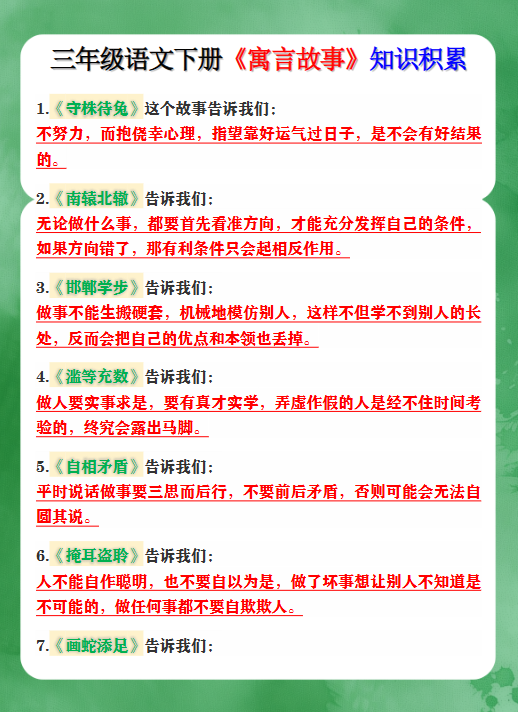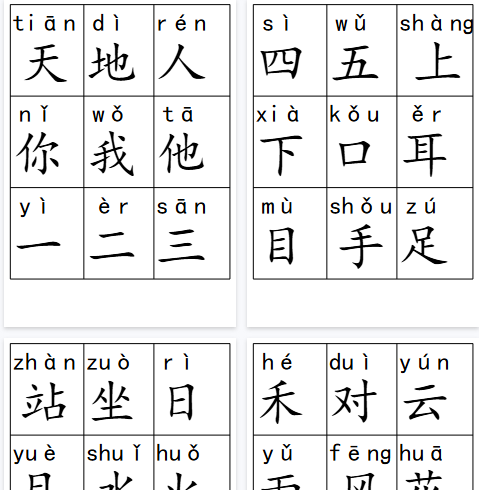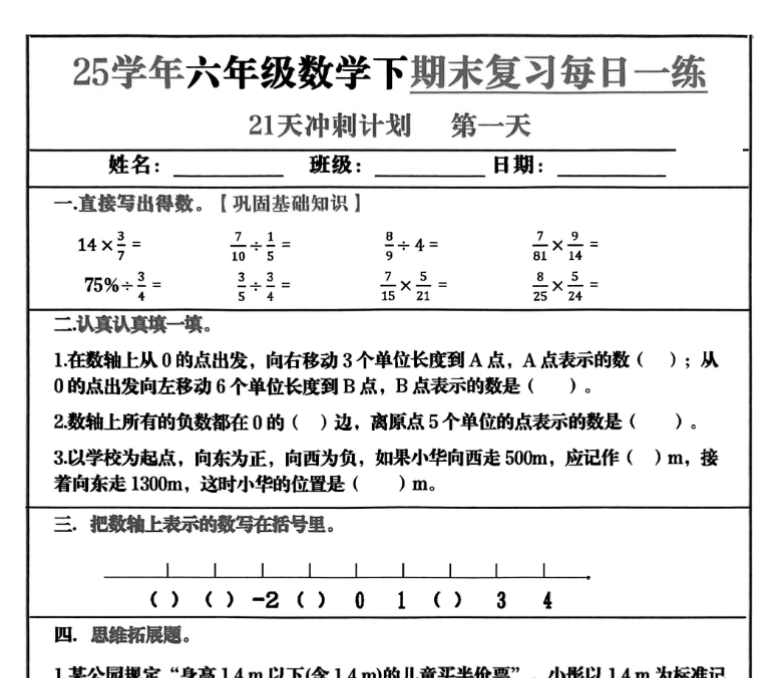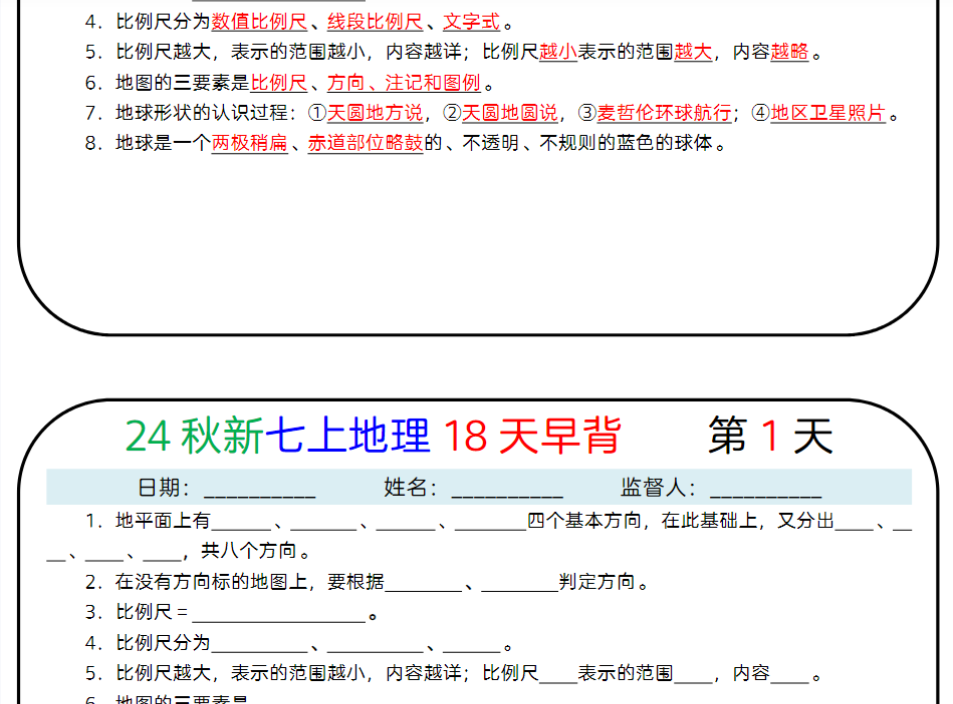周易·彖下中的“时”与行事之法
关键
| 点 | 原文或出处 | 解释 |
|---|---|---|
| 主题 | 行事之法与“时”一起变化 | 出自《周易·彖下》,强调处事方法应随时机变化 |
| “时”的定义 | 时间,时机,时运 | 事物发展过程中出现的时机或特定境遇 |
| 原理 | 在“时”所规定的境遇中,有着与之相适应的处事之法 | 指出不同时机对应不同的行事策略 |
| 影响体现 | 体现天道、人事的运行法则 | 通过节的更迭和物的转变,展现自然与社会运行的规律 |
| 常用案例 | 损益盈虚,与时偕行 | 将增减盈亏的变化与时机结合,强调灵活应对 |
| 英文释义 | Go with the Times | 对照英文表达,翻译为顺应时机 |
| 来源 | 中国青年报 | 源自新闻报道,引用经典文献阐述特定观点 |
完整
出自《周易·彖下》。
“时”即时间,也指事物发展过程中出现的时机或时运。在“时”所规定的境遇中,有着与之相适应的处事之法。“时”的出现与消失及其对人事的影响,体现着天道、人事的运行法则。人应认识并把握“时”的变化,采取与“时”相适应的行动。
The notion of adjusting one’s actions to the “times” comes from The Book of Changes. The “times” refer to the opportunities or chances that present themselves as human activities progress. In the circumstances determined by the times, one should choose correspondingly suitable methods of handling affairs. The appearance and disappearance of opportunities and chances, and their impact on human affairs reflect the principles of the way of heaven and human affairs. People should recognize and keep pace with the change of the times and adapt in agreement with the times.
(事物的增减盈亏的调节变化,应当把握好时机,遵从规律。)
Either to decrease or to increase, to inflate or to deflate: all should go with the times. (The Book of Changes)















